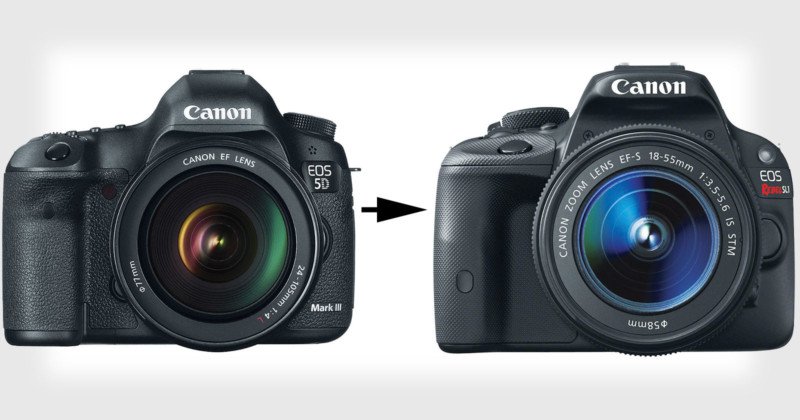
![]()
My name is Ion Paciu, and I’m a photographer based in London. I recently purchased a new camera kit with a camera body and lenses. However, it wasn’t an “upgrade” — it was, in fact, a “downgrade.”
I got myself a $500 Canon SL1/100D, which is the smallest, cheapest, and lightest entry-level DSLR on the market today (Canon says it’s “for beginners”. Well, we will see). Along with the body, I picked up an entry-level 18-55mm f/5.6 lens kit lens, as well as a 55-250mm f/5.6 kit entry-level telephoto lens.
Now, you may be wondering why I would make the change from a $2,300 “professional” 5D Mark III DSLR to such a “cheap” and “beginners camera” option. Well, the reason is that lately a lot of people had been complimenting my images and leaving comments like “wow, your camera is so cool, so professional” and “what camera do you use?”.
This bothered me somewhat, because as a photography teacher I know that even with the best tools in the world, you won’t take good photographs unless you are competent and skilled, and you understand what exactly makes a good photograph.
When teaching my photography courses and workshops in London, I always tell students to focus on the things I am saying, on the topics of the course and not worry about the equipment I’m using, and to make the most of their equipment.
Photography is not about the camera. Having a more expensive camera does not make you a better photographer. To take the best images, you need the skills and knowledge of light, composition, and knowing what to capture and when. Yes, the tool will make a difference (e.g. a more expensive camera with higher ISO and a more expensive lens with a larger aperture) in some situations, but that’s a technical limitation that might be only needed from time to time.
But most of the time, the differences obtain from different lenses and cameras in photography are indiscernible from one another if not examined under the microscope.
Ansel Adams once said: “The single most important component of a camera is the twelve inches behind it!”
If you want to take great photographs, you need to train your eye to see like the camera so that you can compose an image entirely in your mind’s eye before you ever point your camera at the subject.
Below are some photos I’ve taken with my new, “cheap entry-level beginner” camera:
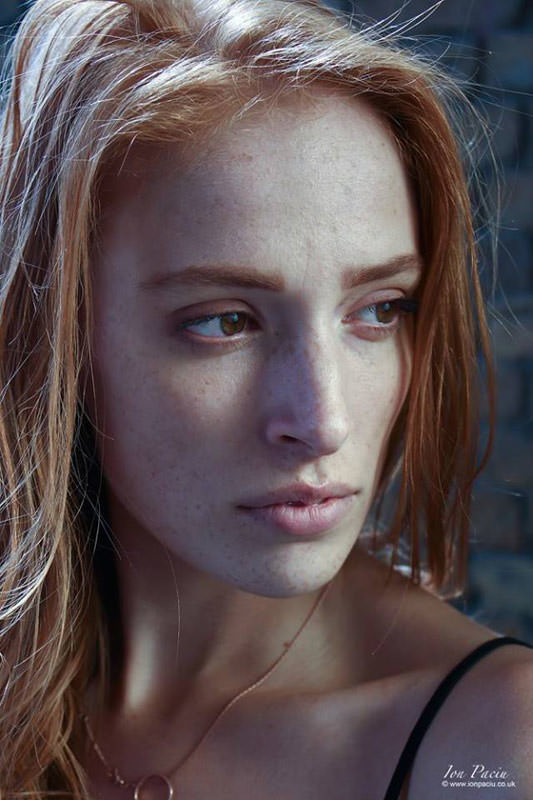
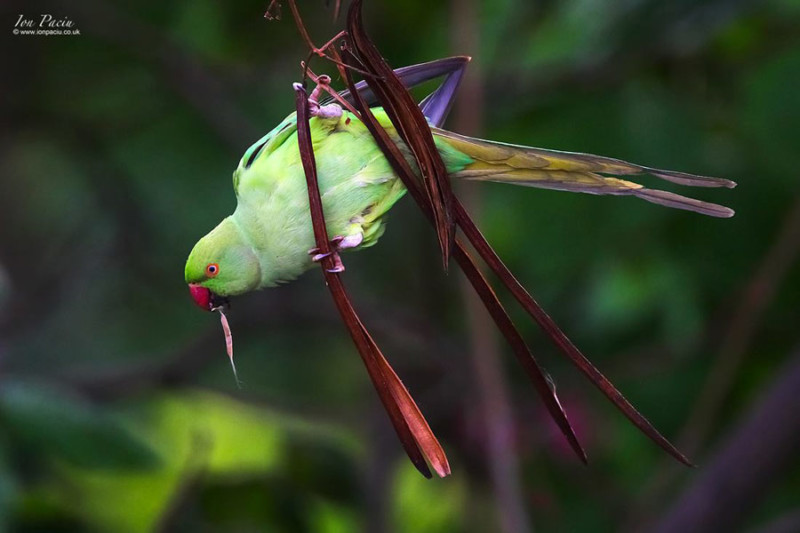
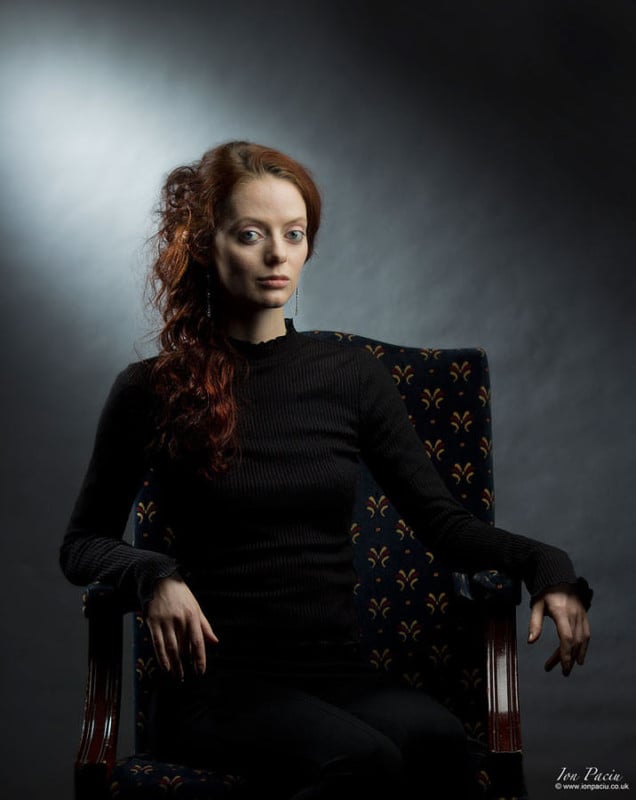
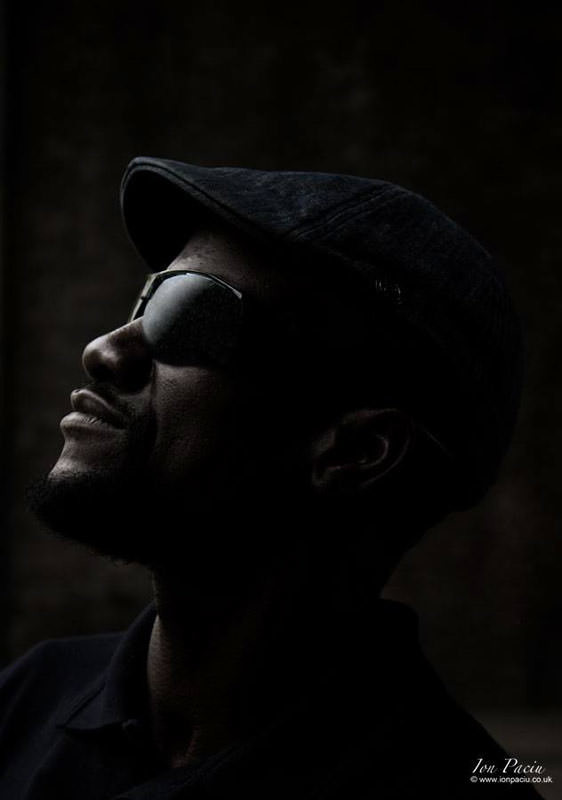
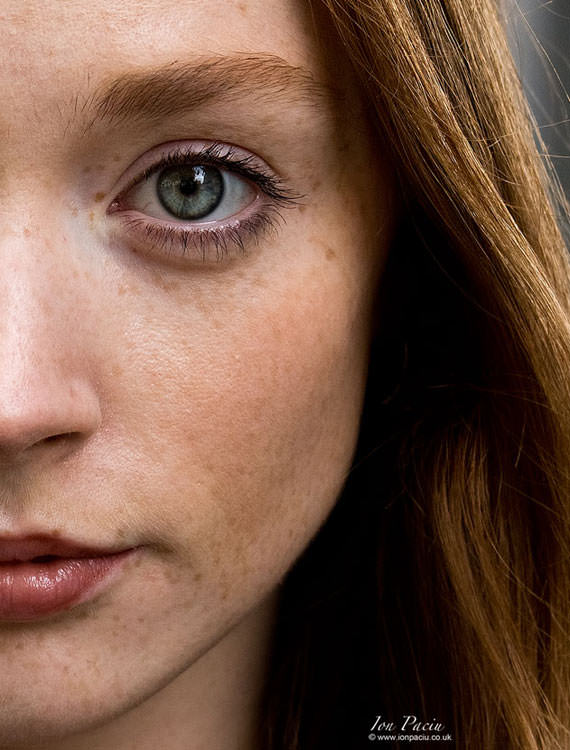
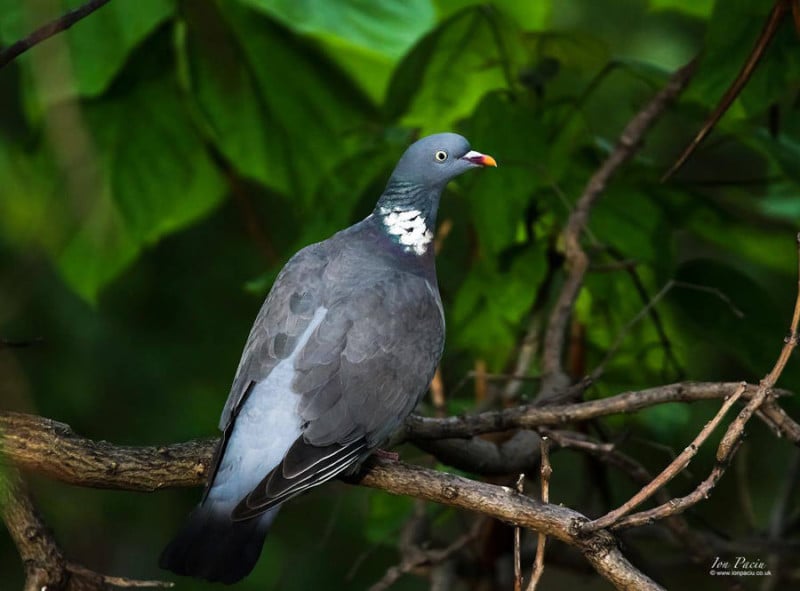
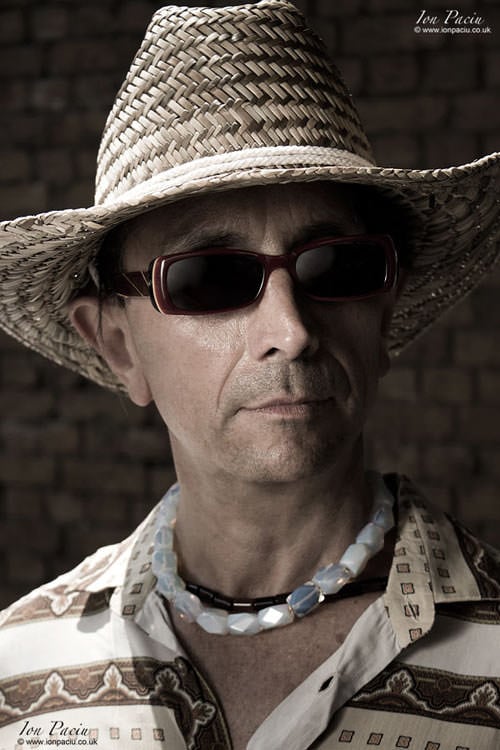
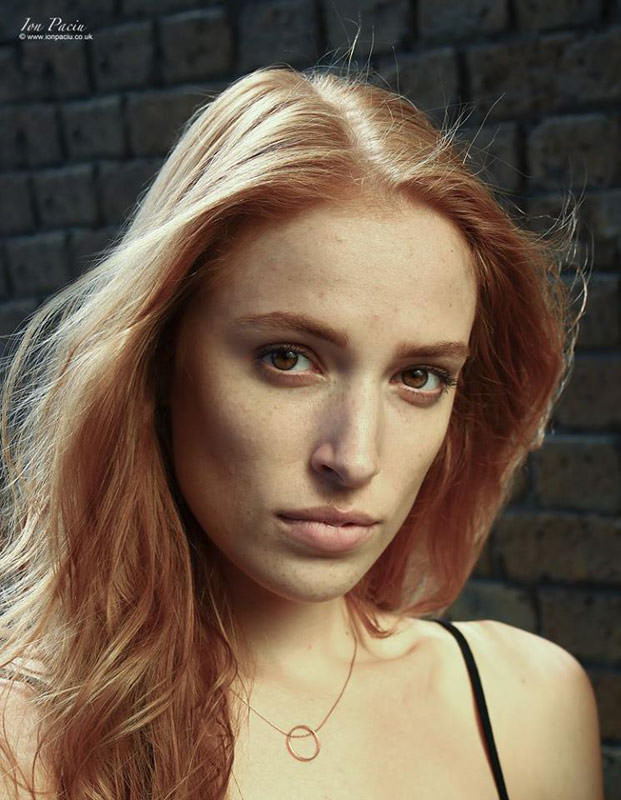
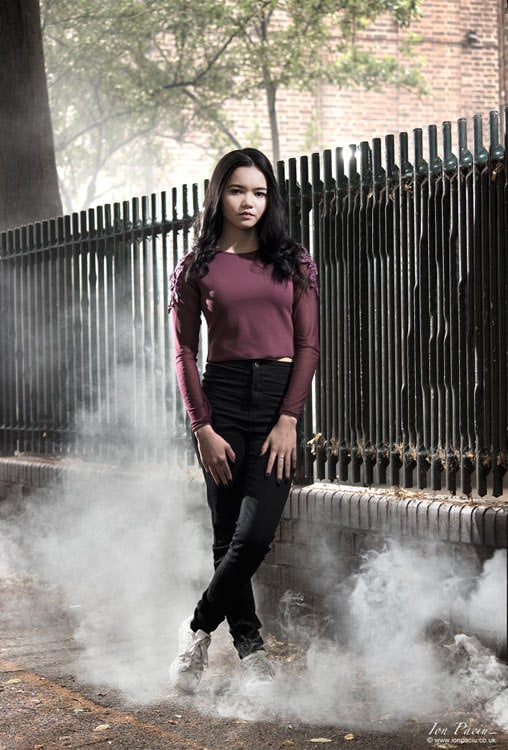
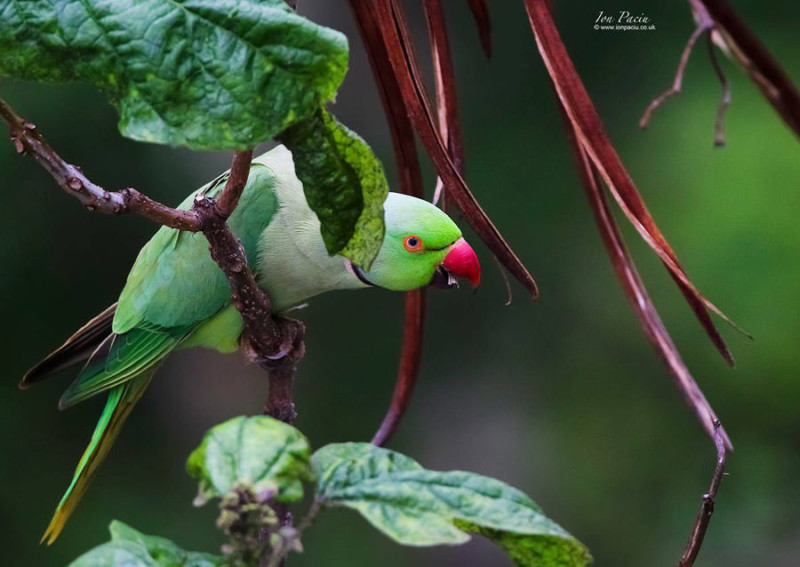
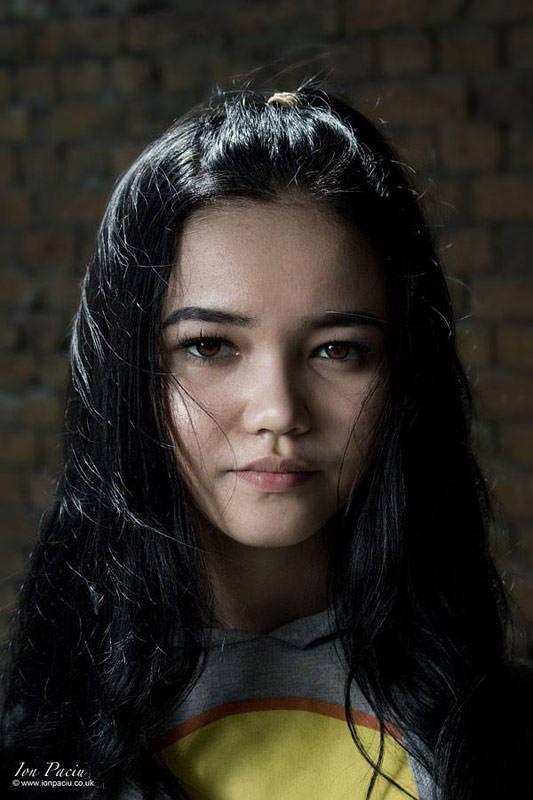
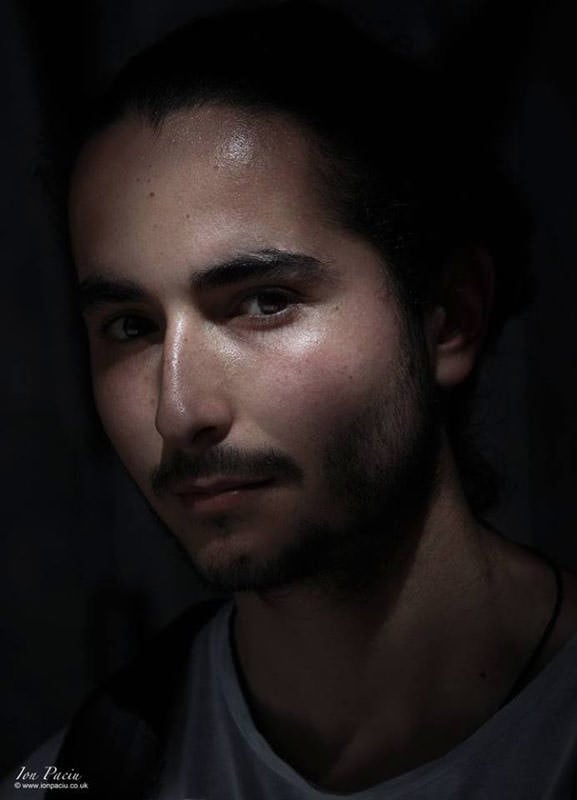
I hope these photos inspired you to get past the idea that the camera is the most important thing in photography and start viewing yourself and your skills and knowledge as the key element. Stop pixel peeping and start learning what makes a good photograph!
About the author: Ion Paciu is a freelance professional photographer based in London and a member of the The Royal Photographic Society. The opinions expressed in this article are solely those of the author. You can find more of his work on his website. He also teaches photographer through his online photo school and workshops at Photoion. This article was also published here.

